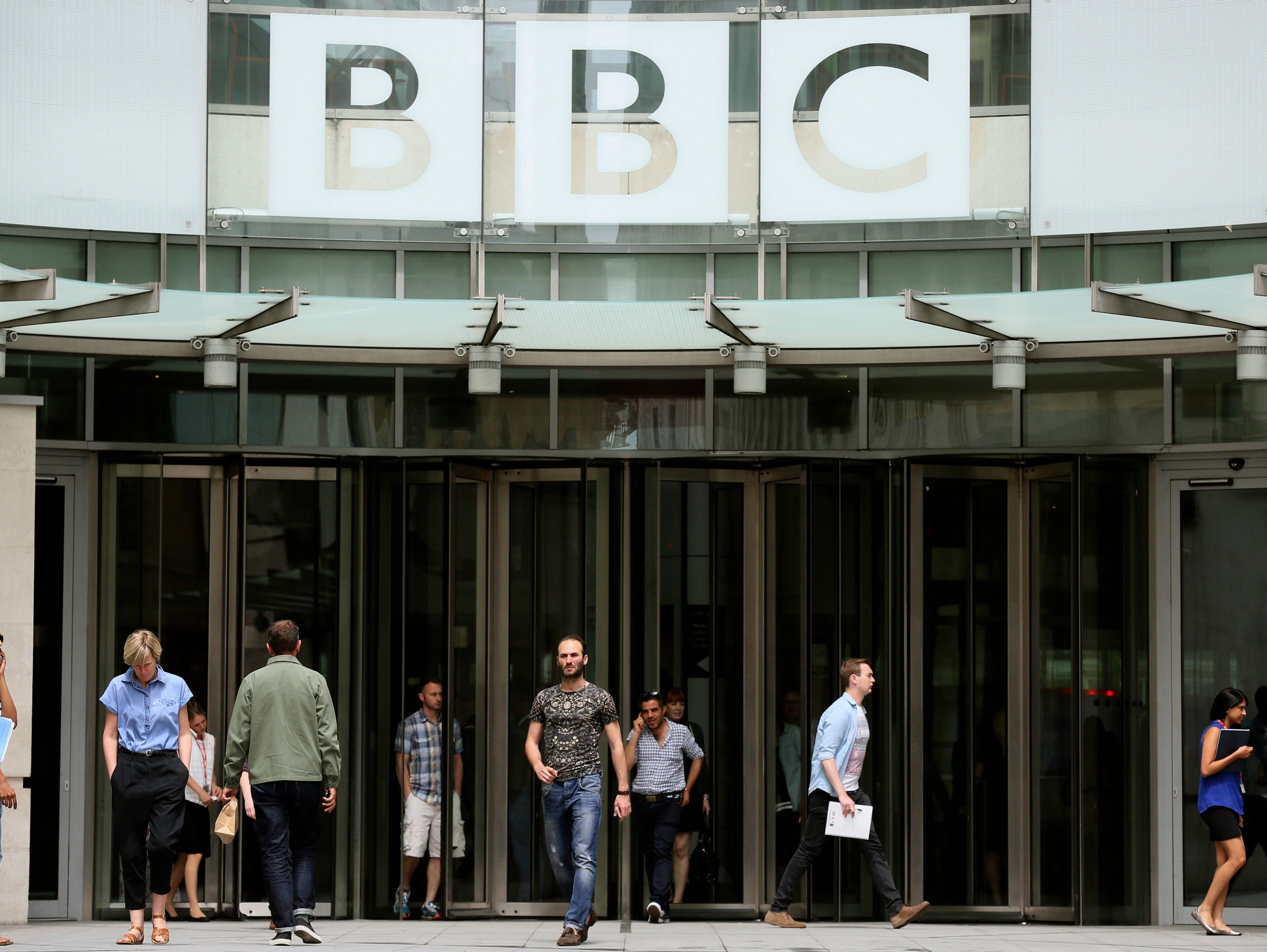
Last week around 70 MPs, mainly from the Conservative Party, wrote to the BBC Director General complaining of the broadcaster’s “skewed” and negative coverage of the Brexit process, and warning that if the BBC is not trusted by politicians and the public its future “will be in doubt”.
The letter was given significant publicity by the right-wing press which together with the right of the Conservative Party has long complained of left-wing bias at the 90-year-old national broadcaster.
Going back to the earliest years of radio, Conservative MPs accused the BBC of “socialist leanings” and “perpetual anti-Conservative policy”, and from the 1970s it became a bête noire for the New Right, which complained of its allegedly profligate expenditure as well as its social liberalism.
That campaign reached its nadir in the mid-1980s with Norman Tebbit ferociously attacking the BBC to the point that Thatcher had to reign in the party chairman under pressure from more moderate members of the Cabinet. Right-wing campaigns against the BBC then picked up again from the early 2000s, with conservatives emphatically claiming it is biased on the European Union and on immigration.
Responding to the latest intervention – apparently timed to coincide with the Prime Minister’s triggering of Article 50 – the BBC leadership defended the balance of the BBC’s reporting, affirmed the need for impartiality and stressed the importance of political independence.
According to the Guardian, the BBC was “encouraged by the fact that the letter contained little evidence of the sort of bias it was accused of”.
Indeed, the letter contained no evidence at all – only assertions. So are there any grounds for complaint?
Questions of bias and impartiality are of course complex, and difficult to definitively resolve, but in the case of reporting on the EU we do have some good evidence. A report published by the BBC Trust in 2013 (and updated at the end of 2015) suggests that in the years preceding the referendum, the Eurosceptics in fact had the edge over those supportive of EU membership in BBC news.
Then, during the referendum campaign itself, research by Loughborough University suggests the BBC achieved a good balance in terms of the time given to the ‘yes’ and ‘no’ camps. But Convervative voices dominated coverage on both sides of the campaign and statistical claims were rarely interrogated.
Insofar as the BBC appears to have displayed any ‘bias’ on this issue, then, it appears to be in favour of the political positions held by the signatories to the Brexit letter.
The letter has since been followed by further allegations of bias, this time based upon research conducted by the conservative outfit, News-watch, which over the years has worked closely with right-wing Eurosceptic think tanks, politicians and journalists.
It was the previous efforts of News-watch and its allies which led the Board of Governors to set up an independent panel to examine BBC reporting on the EU, and subsequently to introduce greater monitoring of output for ‘balance’.
The latest piece of research by News-watch examined contributors to the Today programme’s business news slot over six months. It reportedly found that just over a half of these contributors were negative about the outcome of the EU referendum, whilst only 16.3 per cent were positive. It claimed that this revealed a bias in the BBC’s coverage.
Assuming the findings are sound, is the conclusion? The argument seems to rest upon a notion of ‘impartiality’ which has long been championed by the right, and to some extent upheld by the BBC itself, namely that the balance of reporting should reflect the weight of opinion in Westminster, or alternatively should balance two sides of a political argument.
There are obvious problem with such approaches though. In the case of the first, the balance of elite opinion often does not reflect public opinion, the most obvious example here being attitudes to ‘austerity’, and deferring to official politics therefore skews political debate and narrows policy options.
In the case of the second, crudely balancing issues in this way can often lead to misinformation and misrepresentation.
To return specifically to the recent evidence garnered by News-watch, the reporting may represent an ‘imbalance’ between two sides, but this may reflect the actual balance of opinion amongst Britain’s business elite, who despite considerable hostility towards EU regulations, were largely in favour of remaining in the single market. Put simply, it should not be the job of the BBC to create balance where reality is unbalanced.
If the BBC is to effectively inform and educate, a much less crude conception of impartiality is required. These particular problems have been recognised by the BBC, although not effectively addressed, and in my view its reporting needs to move much further away from these sorts of approaches.
One interesting question not asked by News-watch and their supporters is why in any case the Today programme is so focused on the interests and perspectives of big business.
Had they considered this, then a rather different perspective on BBC bias opens up.
As I describe in some detail in my book, the BBC’s fundamental political orientation is not towards the left or right as such (although there is certainly good evidence of subtle right-wing bias), but towards the interests and perspectives of powerful groups in society, especially those in Westminster, Whitehall and the City.
The BBC routinely allows politicians, political commentators and business elites to define the political and social agenda. This has arguably played some role in bringing us to the current political and constitutional crisis in which we now find ourselves, and which for the BBC will be very difficult to navigate.
Tom Mills is lecturer in sociology at Aston University and the author of The BBC: Myth of a Public Service.
Email pged@pressgazette.co.uk to point out mistakes, provide story tips or send in a letter for publication on our "Letters Page" blog
